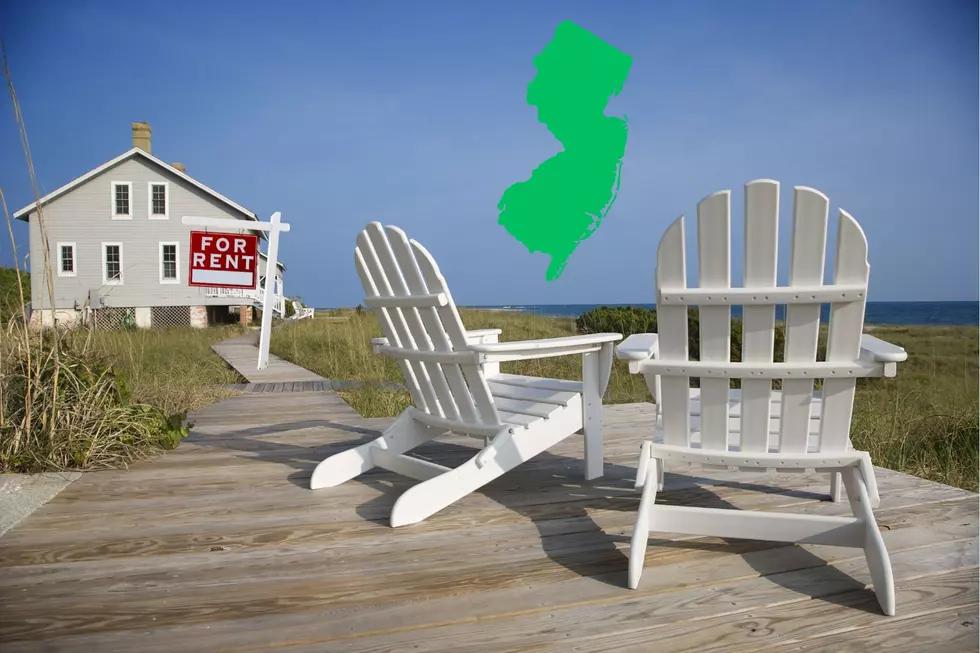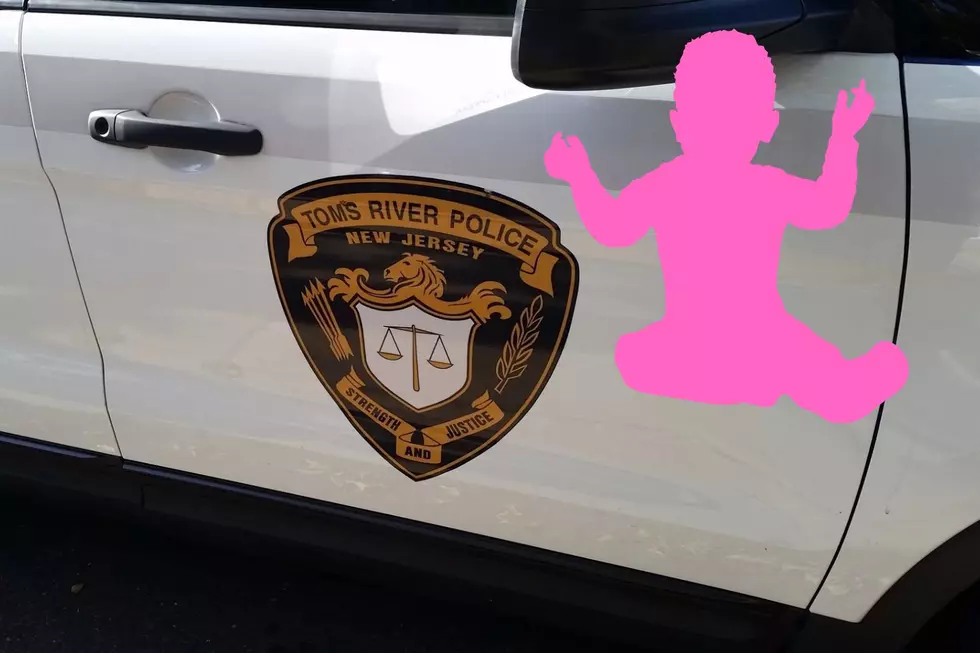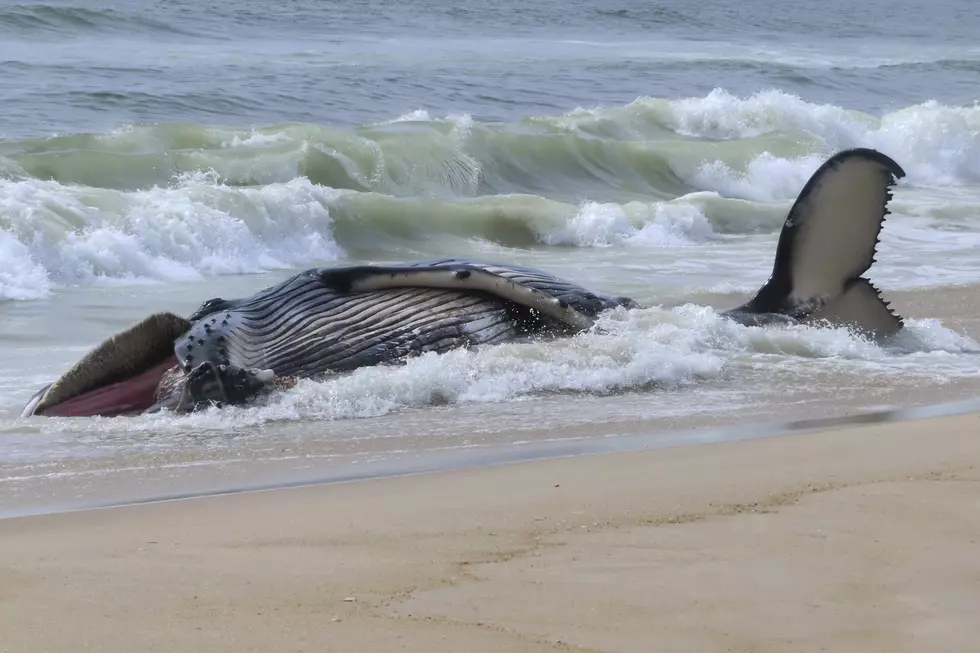
Painful Man o’ War Spotted at Jersey Shore; Wind Could Push More This Way
HARVEY CEDARS — The toxic Portuguese man o' war has been spotted on a Jersey Shore beach.
The Harvey Cedars Beach Patrol posted a of the tiny but dangerous creature on their Facebook page. But so far it's the only one that's been found.
"The winds have shifted more out of the south, which brings in the cooler water and pushes away the warm Gulf stream water that carries in the seaweed, jellies, and once in a while, some rogue man o' wars. North and east winds bring in the gulf stream water while South/West winds upwell the cooler water," the Beach Patrol told the Townsquare News Network in a written message.
The patrol notified Paul Bologna, director of the Marine Biology and Coastal Sciences Program at Montclair State University, who told the Townsquare News Network that they are monitoring the Gulf stream for signs of additional sightings at beaches.
"I actually thought we were going to have a big season like we had in 2015 because I saw the same pattern back in January. They were washing up in Florida, then in Georgia and the Carolinas. Then it seemed to miss us and the last several weeks they've been washing up in Cape Cod. I thought we might have dodged a bullet. One does not make a swarm or a snap but it does suggest we are close enough and if we start to get weather patterns with a lot stronger onshore winds it might be showing up in larger numbers," Bologna said.
They are small in size, only six inches wide, but contact with its tentacles, which can drag behind it for 30-feet, “will result in a painful, intense sting, welting, and blistering” according to the National Marine Sanctuaries. Beachgoers are warned to never handle a man-of-war as they can deliver their painful sting even when dead. Man o' war last appeared on several South Jersey beaches in 2015 in Surf City, Ocean City and Stone Harbor.
Bologna said there are a lot of man 'o war in the Gulf stream in an area where they could be pushed towards the shore.
"It's just a matter of which way the winds are blowing and how close the Gulf stream is to us that they might affected by the coastal winds."
Bologna said that the man 'o war are usually badly chewed up when they show up in the surf, so they're not a major health hazard.
"Essentially, the tentacles are all torn up" and their long tentacles are not as harmful as they are in the open water in the tropics where they can "put you in a world of hurt" and can leave behind raised red or purple welts with heavy scarring.
If you do encounter a man o' war, Bologna said to notify the beach patrol, which has equipment to handle them.
More From WPG Talk Radio 95.5 FM










